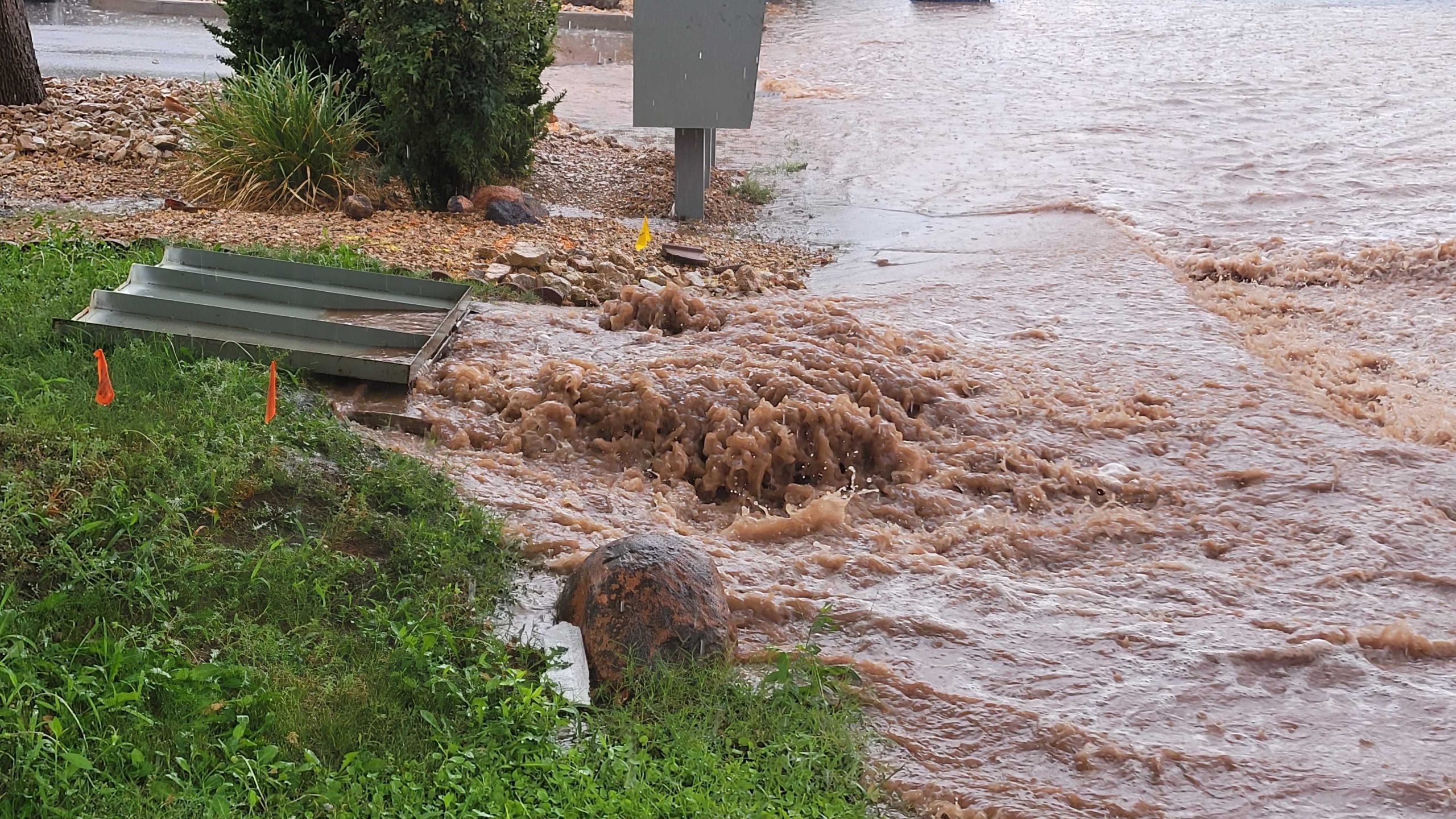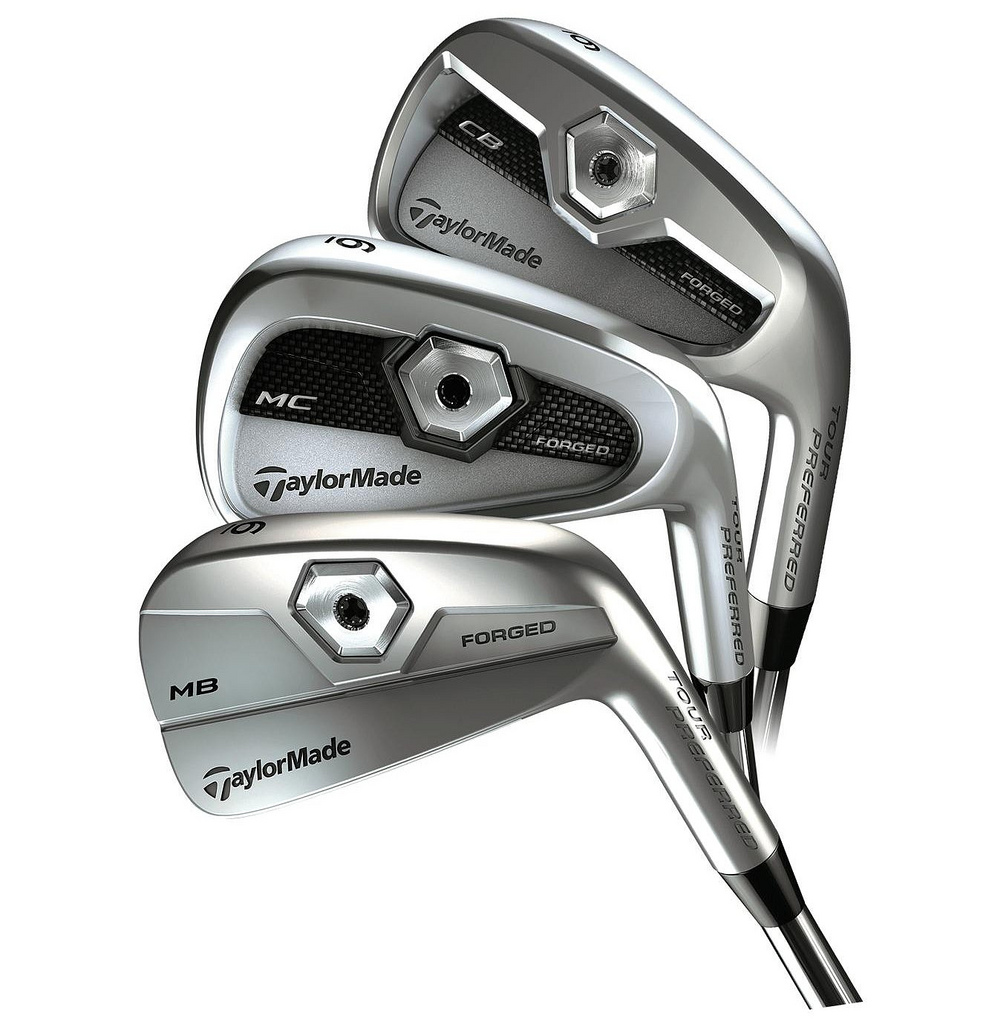Discover the Truth: Are Golf Simulators Accurate?
Golf simulators can be accurate for measuring ball flight and swing data, but the level of accuracy can vary. Golf simulators have become increasingly popular in recent years, with many players using them for practice or entertainment purposes.
However, the question on many golfers’ minds is whether or not golf simulators are accurate. While some argue that they can be as accurate as hitting a ball outside, others claim that certain factors can affect the results and cause inaccuracies.
This article will explore the topic and provide a clear understanding of the accuracy of golf simulators.

Credit: www.groovygolfer.com
What Are Golf Simulators?
Golf simulators have become very popular in recent years, especially with the surge in interest in playing games and sports online. These simulators serve as a lifelike substitute for playing on a real golf course, usually composed of:
Definition And Explanation Of Golf Simulators
Golf simulators are systems that allow users to practice and play golf much like they would on a real course. This technology enables golfers to experience the game in a controlled environment without being limited by external factors such as weather or distance.
Simulators mimic realistic swing responses and display a virtual representation of the ball’s motion and trajectory, giving players the feeling of hitting the ball in a real-world scenario.
How They Work
Golf simulators work by capturing data about a player’s swing and surroundings through a combination of sensors and cameras. They track the movement of the club and the ball and use algorithms to determine spin, speed, and flight path, sending information to a computer system that generates a visual representation of the shot.
Typically, simulators use large projection screens or high-resolution monitors to display the virtual course to give the player a sense of immersion. Data from the sensors can be used to analyze the player’s swing, providing feedback on each shot for practice sessions and improving technique.
Types Of Golf Simulators Available In The Market
There are different types of golf simulators available in the market, which offer varying levels of realism and accuracy. Here are some of the most common types:
- Camera-based systems: These use high-speed cameras to capture the 3d movement of the ball and club. They provide more accurate spin and swing measurements, however, they require a larger space and tend to be more expensive.
- Infrared sensors: These trackball movement and can accurately measure the start angle, speed, and direction of the ball. They can be used in smaller spaces and are generally more affordable.
- Radar-based systems: These use radar technology to measure ball speed and direction. they offer accurate trajectory readings but can be quite expensive.
Regardless of which type of golf simulator you choose, they offer a great way to play the game throughout the year, indoors or outdoors, regardless of the weather conditions.
Factors That Affect Golf Simulator Accuracy
Are Golf Simulators Accurate?
Golf simulators have been gaining more popularity in recent years, especially since the covid-19 pandemic. They provide golfers with the ability to play or practice golf indoors, regardless of weather conditions. However, the question remains, are golf simulators accurate? We will explore the factors that affect golf simulator accuracy and provide you with the information you need to make your own informed decision.
Environmental Factors That Affect Accuracy
Golf simulators use electronic sensors, which can be affected by the environment they are placed in. The following are environmental factors that can affect golf simulator accuracy:
- Lighting: Poor lighting conditions can cause shadows and affect visibility, resulting in inaccurate readings.
- Space: Simulators need enough room to capture the golfer’s swing accurately. Limited space can hinder accuracy.
- Temperature: Extreme heat or cold temperatures can impact sensor readings and cause inaccuracies.
- Humidity: High humidity can cause condensation on sensors, leading to inaccurate readings.
- Noise: Background noise can interfere with sensor data, lowering accuracy.
Technical Factors That Affect Accuracy
Technical factors also play a significant role in golf simulator accuracy. Here are some of the key technical factors that can impact accuracy:
- Calibration: Simulators require regular calibration to maintain accuracy. Improper calibration can lead to inaccuracies.
- Sensor quality: Sensor quality can vary, and higher-quality sensors generally deliver more accurate data.
- Software: The software used for golf simulators can impact the accuracy of the readings.
- Clubhead speed: Simulators are not always accurate in measuring clubhead speed, which affects other aspects of the data provided.
- Spin rate: Spin rate measurements are difficult for simulators, and this can also lead to inaccuracies.
Golf simulators can be accurate given the right circumstances. However, various factors such as lighting, space, temperature, humidity, noise, calibration, sensor quality, software, clubhead speed, and spin rate can all affect the accuracy of readings. Therefore, it is important to consider all these factors and ensure proper set up to get the most accurate results.
How accurate are golf simulator scores?
The accuracy of golf simulator scores can vary depending on the quality of the simulator and its components. High-end simulators with advanced technology and precise measurements tend to provide more accurate scores. They take into account factors like clubhead speed, ball spin, launch angle, and ball flight, resulting in a closer representation of real golfing outcomes.
However, even with top-tier simulators, there can be slight variations compared to playing on an actual golf course due to factors like environmental conditions and terrain. Nevertheless, modern golf simulators offer a valuable tool for practicing and honing skills, providing valuable feedback to improve your game. They are an excellent option for golfers looking to play indoors or when outdoor play is limited.
Case Study: Testing The Accuracy Of Golf Simulators
Are Golf Simulators Accurate?
Golf simulators have become increasingly popular in recent years, providing golfers with a convenient way to play their favorite sport without leaving the comfort of their homes. However, many golfers are skeptical about the accuracy of golf simulators, wondering if they can deliver results that are comparable to playing on a real golf course.
To determine the accuracy of golf simulators, a case study was conducted using two different types of golf simulators. The goal was to compare their results to those achieved on an actual golf course.
Description Of The Case Study And Methodology
- Two different types of golf simulators were used in the study.
- A group of golfers of varying skill levels were recruited to participate in the study.
- Each golfer hit 10 shots on both simulators and on an actual golf course.
- Data was collected from the simulators and the golf course to compare results.
Results And Analysis Of The Study
- The results showed that the simulators were generally accurate in measuring key metrics such as ball speed, launch angle, and spin rate.
- However, the simulators were less accurate when it came to the distance the ball traveled, with some shots traveling significantly farther or shorter than they would have on a real golf course.
- Overall, the group of golfers achieved similar scores on both simulators and on the golf course, indicating that the simulators were reasonably accurate in predicting how well a golfer would perform.
- The study also found that the results varied depending on the specific simulator and the golfer’s skill level.
Comparison With Real-Life Golf Course Results
- While the simulators were generally accurate, it’s important to keep in mind that there are limitations to the technology.
- There are variations in the real-life golf course conditions that cannot be accurately replicated in a simulator, such as wind speed and direction, grass type and thickness, and humidity levels.
- Additionally, playing a round of golf on a simulator lacks the physical and mental challenges that come with playing on a real golf course.
- However, golf simulators can still provide a convenient and fun way for golfers to improve their game and stay active, especially during inclement weather or when access to a golf course is limited.
Golf simulators can be a valuable tool for golfers who want to practice their game from the comfort of their homes. While they may not perfectly replicate the experience of playing on a real golf course, they are generally accurate and can help golfers improve their skills.
Just be sure to keep in mind the limitations of the technology and use it as a supplement to, rather than a replacement for, playing on a real golf course.
Pros And Cons Of Golf Simulators
If you’re an avid golfer, you’ve probably heard about using golf simulators to improve your game. Golf simulators have come a long way in recent years, providing a more realistic and immersive experience. However, they also have their downsides. Let’s take a look at the advantages and disadvantages of using golf simulators.
Advantages Of Golf Simulators
- Convenient: One of the most significant advantages of golf simulators is that they provide a convenient way to play golf. You don’t need to leave your home or office; you can play golf regardless of the weather conditions outside.
- Practice anytime: With a golf simulator, you can practice your swing and get in some much-needed practice rounds at any time of the day or night. This feature is particularly advantageous if you have a busy schedule or are not able to access a golf course regularly.
- Cost-effective: Using a golf simulator can prove to be more cost-effective than playing regularly on a golf course. When you take into account the cost of green fees, transportation, and equipment, playing on a golf course can be expensive. In contrast, investing in a golf simulator can be relatively inexpensive in the long run.
Disadvantages Of Golf Simulators
- Limited space: A significant disadvantage of golf simulators is that they tend to require a lot of space. You need to have enough room to set up the simulator, and you may also need space to store the necessary equipment.
- Lack of realism: While golf simulators have become more realistic over time, they still can’t accurately mimic the experience of playing outside. In some cases, the ball flight may not be entirely realistic, making it difficult to judge your shots adequately.
- Technical issues: Golf simulators can be prone to technical issues, which can detract from the experience. Software glitches or equipment malfunctions may cause delays or force you to abandon a game or session.
Using a golf simulator has its advantages and disadvantages. While they may not provide the same experience as playing outside, they do provide an excellent way to practice and improve your game without leaving your home. Nonetheless, considering the limited space and the lack of realism, golf simulators can be a worthwhile investment for those in love with the game, aiming to improve without leaving the house.
Frequently Asked Questions For Are Golf Simulators Accurate
How Accurate Are Golf Simulators?
Golf simulators are highly accurate and can give a detailed analysis of your swing.
Can Golf Simulators Be Used For Game Improvement?
Yes, golf simulators can be a great tool for game improvement as they provide instant feedback.
Are Golf Simulators A Good Alternative To Outdoor Golf?
Golf simulators offer a convenient and accessible alternative to outdoor golf for practice and play.
Conclusion
Golf simulators are becoming increasingly popular among golf enthusiasts. They allow golfers to practice in a controlled environment and offer the opportunity to play various courses from around the world. However, many have questioned their accuracy. Our assessment of the golf simulator technology has proven that modern golf simulators are indeed very accurate.
The advanced sensors and computerized technology used in these simulators make it possible to replicate real-life situations with precision. That being said, there are still some limitations in terms of reading ball spin and launch angles. Golf simulators are not perfect but provide a realistic and effective alternative to outdoor practice, especially during the off-season.
Golfers can confidently use golf simulators to improve their game, and can expect accurate results provided they know how to adjust for the slight variations in each simulator.



